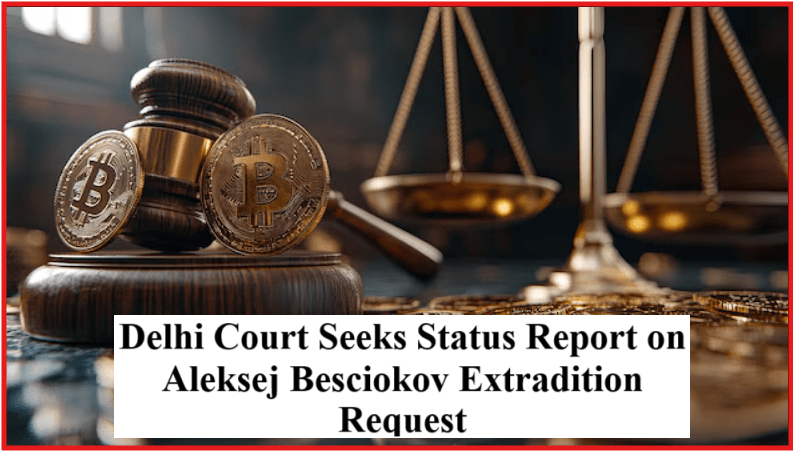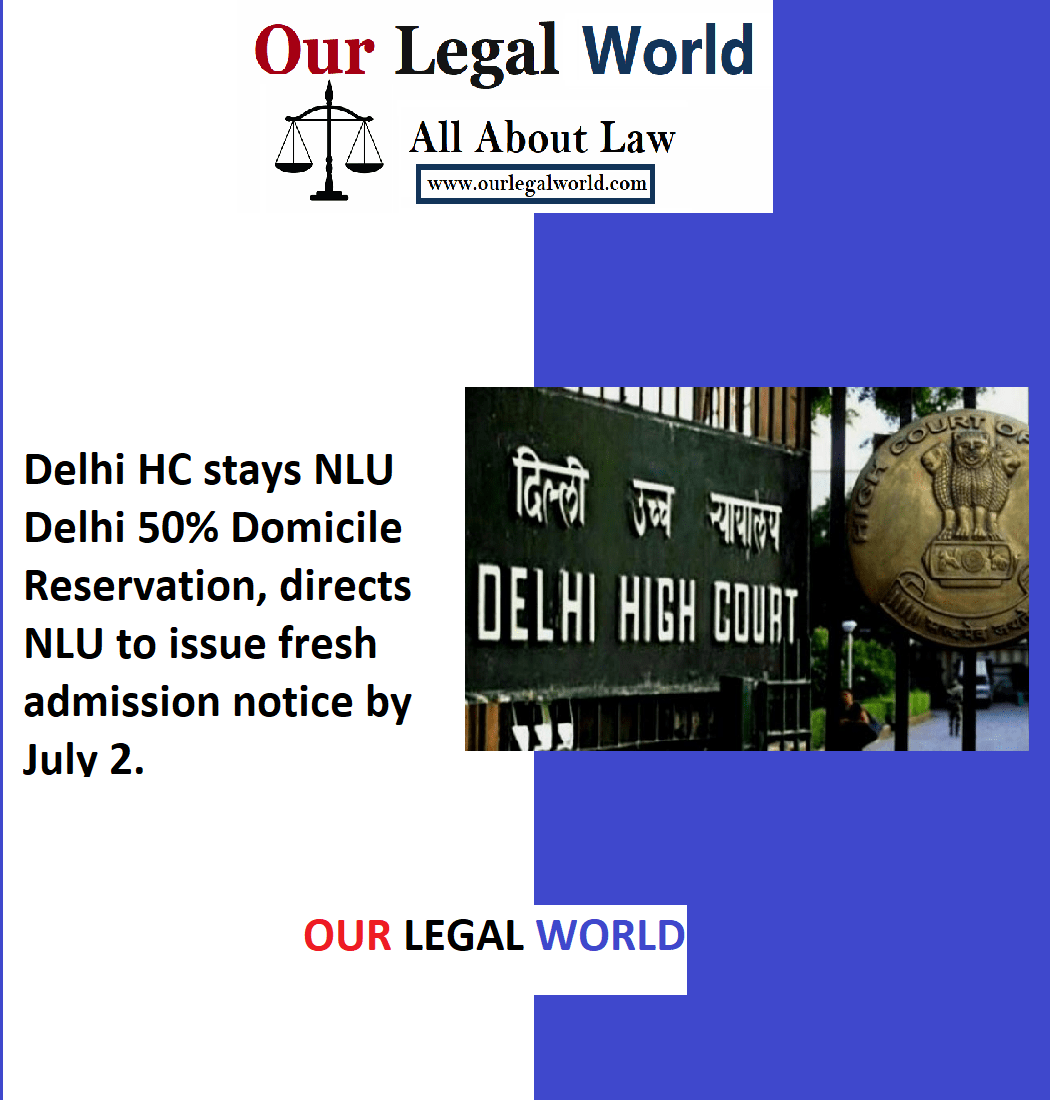Phone Tapping other than Public Emergency or In Interest of Public Safety violate Right to Privacy: BHC
The Division bench of Bombay High Court, Justice Ranjit More and Justice NJ Jamadar held that phone tapping other than Public Emergency or In Interest of Public Safety violate Right to Privacy.
The Court quashed and set aside three separate order passed by the Ministry of Home Affairs allowing CBI to intercept phone calls of Mumbai based businessman in a case of bribery involving an official of a public sector bank.
Also Read: Data Privacy in AI Chatbots and the Looming Dark Web
THe MHA had issued a three interception orders against petitioner between October 2009 and February 2010 and allowed the CBI to tap phone calls.
Petitioner Vinit Kumar contended that the said orders were ultra vires of Section 5(2) of the Telegraph Act, 1885 and in violation of fundamental rights guaranteed under Part-III of the Constitution of India.
Section 5(2) read as:
‘wire-tapping clause,’ empowers the Central Government to take possession of any licensed telegraphs in case of public emergency or in the interest of public safety.’
The Division Bench note;
“When either of two conditions is not in existence, it was impermissible to take resort to telephone tapping.”
Senior Advocate Vikram Nankani along with Dr. Sujay Kantawalla appeared for the petitioner, they relied upon the Supreme Court judgement in PUCL v. UOI 1997, and the nine-judges constitutional bench judgement K.S. Puttaswamy v. UOI 2017.
The Court observed:
“The proposition that illegal tapping of telephone conversation violates right to privacy in now accepted the guaranteed fundamental tight under Article 21 of the Constitution of India in the judgement of K.S Puttaswamy.”
Justice More, who authored the judgement held that the submissions by respondent authorities would not put them on better footing to take advantage of their own wrong.
“To declare that dehorse the fundamental rights, in the administration of criminal law, the ends would justify the means would amount to declaring the Government authorities may violate any directions of the Supreme Court or mandatory statutory rules in order to secure evidence against the citizens. It would lead to manifest arbitrariness and would promote the scant regard to the procedure and fundamental rights of the citizens, and law laid down by the Apex Court.”








![Tax Law Internship at Legum Attorney [Chamber of Ashish Panday], Delhi : Apply by 15th May 2025](https://www.ourlegalworld.com/wp-content/uploads/2025/05/IMG_0113-min.png)

